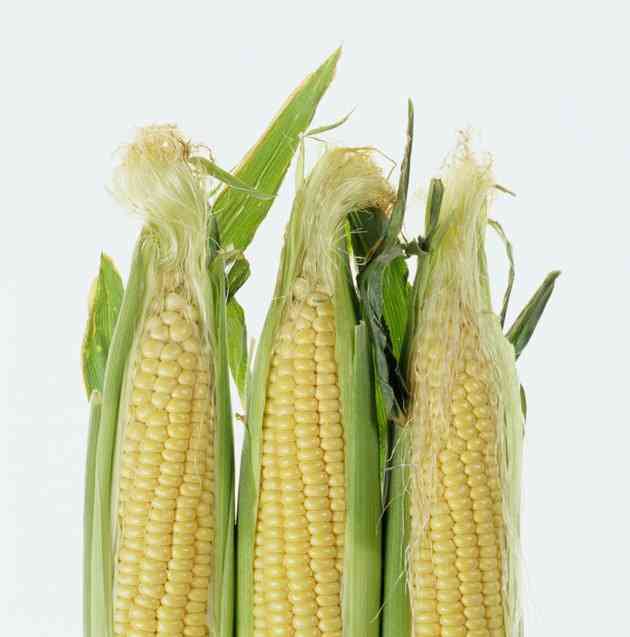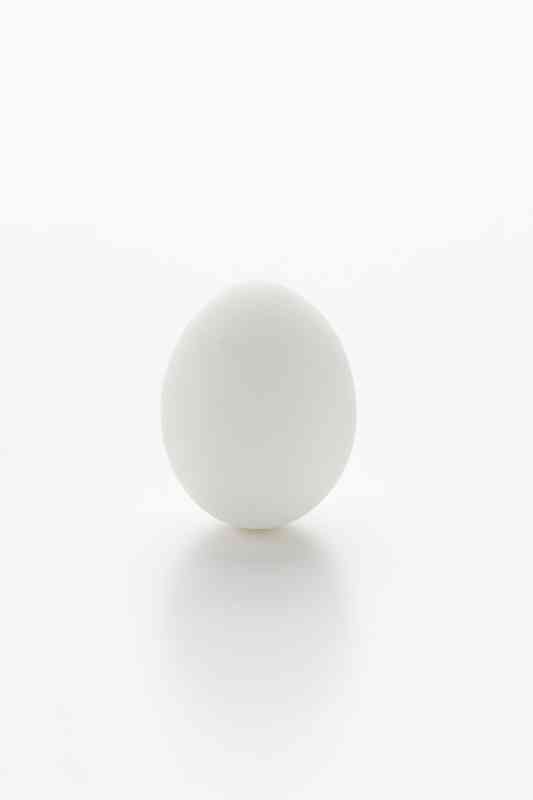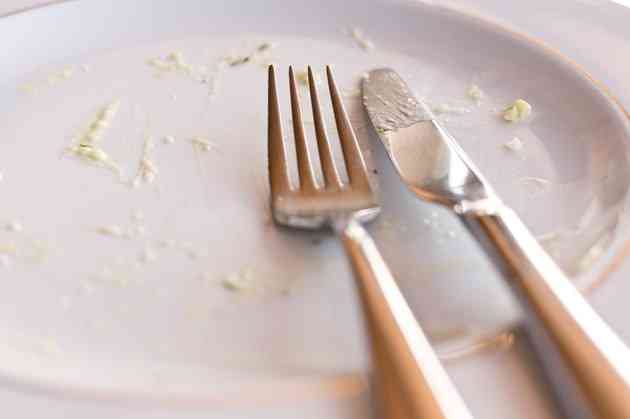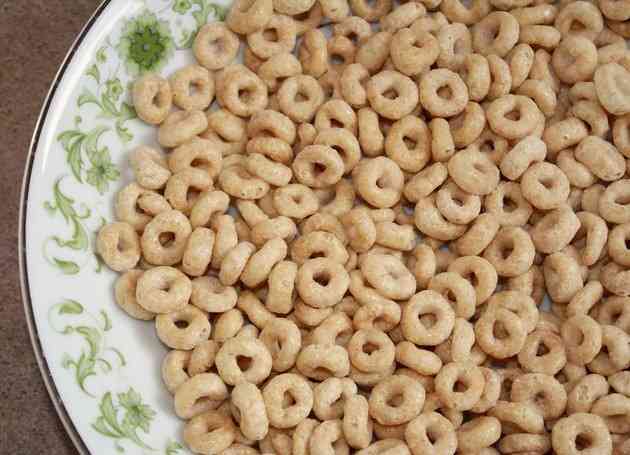Does Eating Corn Increase Belly Fat?

Eating any foods in excess of daily needs creates fat, but no food creates fat that stores only in the belly. Different types of corn foods create different benefits and risks. Whole-grain corn contains important vitamins, minerals and protein as well as carbohydrates and fiber. De-germed cornmeal and other processed corn products offers less nutritional benefit. Corn syrups convert to fat at a higher rate than cane sugar, according a study published in the November 2010 "Pharmacology, Biochemistry and Behavior."
 Eating regular quantities of fresh corn won't increase belly fat. (Image: Chad Baker/Jason Reed/Ryan McVay/Photodisc/Getty Images)
Eating regular quantities of fresh corn won't increase belly fat. (Image: Chad Baker/Jason Reed/Ryan McVay/Photodisc/Getty Images)Abdominal Fat
Whether you gain body fat in your abdomen or in your lower body depends partly on your genetic makeup. Genes control the number of fat cells in your body and where they're stored, says a December 2006 article in "Harvard Women's Health Watch." If you inherited the genes that cause a pear-shaped body, you store more fat in your thighs and buttocks. If you have the apple shape, more of your fat stores grow in your abdomen. The apple-shaped body carries special risks, because fat builds up sooner in the visceral cavity than under the skin. Too much visceral fat in any body shape causes serious health problems.
Visceral Fat
Your body stores most of its fat under the skin, causing the bulging waistlines and heavy thighs that cause many people the most concern. The 10 percent of your fat that stores inside your abdomen actually causes more illness. Fat cells generate harmful proteins called cytokines, says Dr. Barbara B. Kahn of Boston's Beth Israel Deaconness Medical Center told "Harvard Women's Health Watch." Visceral fat around internal organs and large blood vessels releases these harmful compounds into your bloodstream, increasing your risk of heart disease, asthma and other health issues. For every 2 inches your waistline gains, the corresponding increase in visceral fat raises your cardiovascular disease risk by 10 percent, according to the "Harvard Women's Health Watch" article.
Corn's Effects
Fructose in corn could contribute disproportionately to visceral fat, but 1 cup of raw sweet corn contains only 2.81 g of fructose and just 125 calories. The same serving provides almost 5 g of dextrose and 1.29 g of sucrose. Fructose causes weight gain from fat almost 50 percent faster than other sugars such as sucrose, but the reasons aren't clear. High-fructose diets could increase stores of fat in your liver, as that organ converts excess fructose to fat rather than to glycogen for fueling muscle cells. Eating ordinary amounts of sweet corn creates no unusual risks, but high-fructose corn syrup manufactured from corn starch does.
Corn Syrup
During the 1970s, high-fructose corn syrup replaced sucrose from sugar cane and sugar beets as the sweetener in many soft drinks and other mass-produced foods. More than 10 percent of your daily caloric intake probably comes from fructose, and over 75 percent of your fructose from HFCS, note the authors of the study in "Pharmacology, Biochemistry and Behavior." Fructose consumption stimulates overeating. Your body generates leptin, an appetite-controlling hormone, when you eat other sugars, but not when you eat fructose. Fiber in natural fructose sources, like sweet corn, suppresses appetite by filling your stomach. Eating more whole corn improves your diet, but eating more processed food containing HFCS puts you at risk for weight gain.




